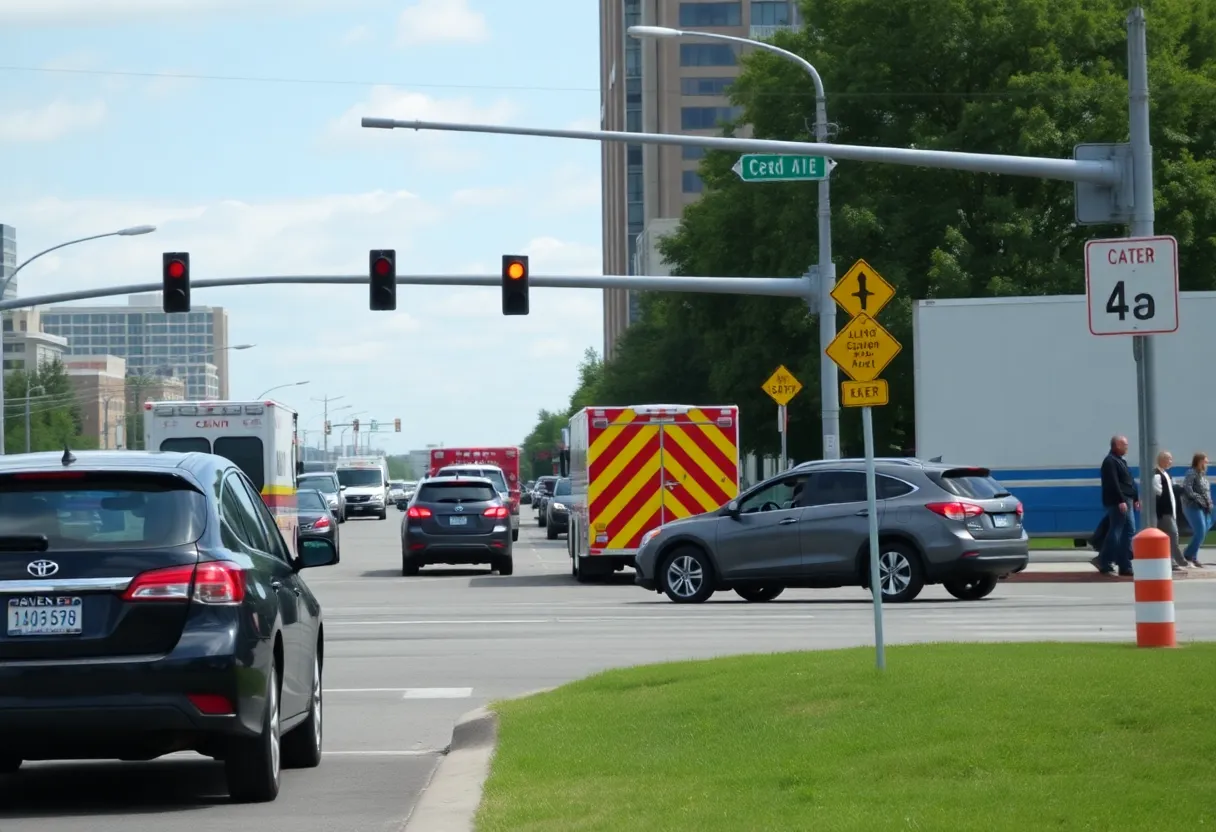News Summary
Young doctors in North Carolina are speaking out about their demanding working conditions, highlighting issues that affect their mental health and personal lives. Criticism has been directed at lawmakers who misunderstand their challenges, suggesting young doctors should be more dedicated. Advocates emphasize the complexity of issues faced by these physicians, including financial burdens and excessive working hours. The ongoing conversation about workplace standards and support systems is critical for the future of the medical profession as young doctors navigate their responsibilities while striving for better conditions.
Raleigh, North Carolina – Young doctors are voicing their concerns about demanding working conditions in the medical profession, prompting reactions from lawmakers that may not fully reflect the reality of their experiences. Representative Greg Murphy recently expressed on social media platform X that young doctors should demonstrate more dedication and that their complaints stem from a failure to choose a less challenging career path. This statement has attracted criticism from advocates who argue that the struggles young doctors face are complex and warrant serious consideration.
Brendan Hood, who is closely connected to a young doctor, suggests that Murphy’s comments indicate a fundamental misunderstanding of the profession. Young physicians do not seek an easier path; rather, they are striving for improved working conditions that can enhance their ability to care for patients without sacrificing their personal lives. As young doctors enter the field, they are aware of the challenges ahead, including a match system that places them far from family and support networks, thus compounding the difficulties they face on a daily basis.
The medical profession is witnessing significant shifts regarding workplace standards, driven largely by younger doctors advocating for reforms that could benefit future healthcare professionals instead of just themselves. Historically, senior doctors have fought for improvements in working conditions, addressing issues such as excessive working hours and inadequate safety protocols. However, amidst these advancements, many current trainees still find themselves subjected to 24-hour shifts and grueling 80-hour workweeks. Such demands are compounded by increasing administrative responsibilities that detract from their primary commitment to patient care.
Young doctors frequently find that their personal lives are on hold as they prioritize patient needs. Many face the challenge of high educational debt levels, often equivalent to mortgage payments, while receiving low trainee salaries that do not keep pace with rising living costs. This financial burden is accompanied by a troubling reality: the suicide rate among doctors is significantly higher than that of the general population, underscoring a severe mental health crisis within the profession.
Despite these daunting challenges, tens of thousands of young doctors are beginning their medical careers each summer, showcasing their resilience and dedication to patient care. However, as they navigate their daily responsibilities, they must also confront emotional stresses that take a toll on their mental well-being. Support systems are crucial, yet many professionals in the field feel isolated in their struggles.
Advocates like Hood emphasize that raising concerns about working conditions should be viewed as a manifestation of commitment to the profession, not a sign of someone lacking dedication. The misunderstanding extends beyond Murphy’s comments, as healthcare accrediting bodies, hospitals, and policymakers may overlook the lived experiences of healthcare workers. The demanding work schedules often disrupt basic life routines, leading to feelings of disregard for the sacrifices healthcare professionals make.
If the issues voiced by young doctors continue to be disregarded, the profession risks losing future talent as prospective students may reconsider their paths into medicine. It is vital for stakeholders to listen to the experiences of healthcare workers; doing so is essential to addressing the systemic issues that could silence the future voices of the medical profession. By recognizing and responding to these concerns, the medical community could foster a more supportive environment for those who dedicate their lives to the care of others.
Deeper Dive: News & Info About This Topic
HERE Resources
Frances Burney’s Harrowing Mastectomy Experience
Additional Resources
- The Hill: America’s Doctors Earn the Right to Demand a Better System
- Wikipedia: Healthcare in the United States
- WRAL: Diagnosis Young – The New Face of Cancer in NC
- Encyclopedia Britannica: Health Care
- ABC11: Extreme Weather and Hot Temperatures in NC
- Google News: Healthcare Professionals Working Conditions
- Carolina Journal: Doctors Challenge Claims on Indiana Death from NC Clinic
Author: STAFF HERE INDIANAPOLIS WRITER
The INDIANAPOLIS STAFF WRITER represents the experienced team at HEREIndianapolis.com, your go-to source for actionable local news and information in Indianapolis, Marion County, and beyond. Specializing in "news you can use," we cover essential topics like product reviews for personal and business needs, local business directories, politics, real estate trends, neighborhood insights, and state news affecting the area—with deep expertise drawn from years of dedicated reporting and strong community input, including local press releases and business updates. We deliver top reporting on high-value events such as the Indianapolis 500, Indy Jazz Fest, and the Indiana State Fair. Our coverage extends to key organizations like the Indy Chamber and Visit Indy, plus leading businesses in motorsports and healthcare that power the local economy such as Indianapolis Motor Speedway and IU Health. As part of the broader HERE network, we provide comprehensive, credible insights into Indiana's dynamic landscape.





